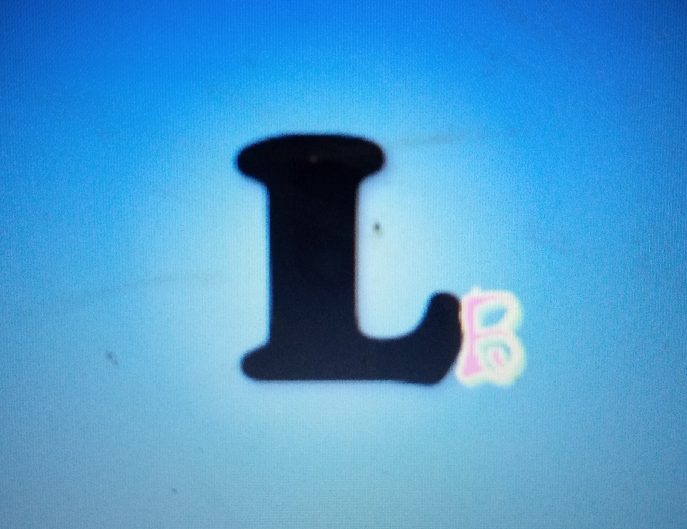Good evening, how did your day go? Thanks a bunch for reading the Original Disciplinary Jurisdiction of the Supreme Court (summarised and explained without leaving out the important points.) I really hope it helped, and if you have not, please do and I really hope you will drop your comments(*smile*).
Without wasting much time, let us complete this topic today and do justice to it in our exams, but I need you to promise me to drop your comment after reading…thanks!
Section 13(1) of the Legal Practitioners Act provides for the original disciplinary jurisdiction of the Supreme Court. The SC can punish an alleged person whose name is on the roll of SC after allowing such person fair hearing either by himself or through a representative. According to this section and as earlier discussed, the SC can only exercise original disciplinary jurisdiction in matters of infamous conduct in any professional respect with regard to any matter of which the court or any other court of record in Nigeria is or has been seized…’ When it is said that a court is seized, it means the court has jurisdiction, this means that a court that doesn’t have jurisdiction on a particular matter can’t prosecute a legal practitioner for any contempt committed in that matter. In a bid to underscore the wide power of SC, LPDC was established and it had the power to determine any form of professional misconduct. As a result of this, LPDC has a wider scope of disciplinary jurisdiction compared to SC. I am sure you are still following…
Do not forget that infamous conduct in any professional respect is the most serious category of professional misconduct. Compared to the extensive disciplinary power SC had earlier, their disciplinary power is now limited to only infamous conduct.
Conditions that must be met before the ODJ of SC can be invoked.
*The misbehaviour must be serious to warrant it being called an infamous conduct, this depends on SC’s decision.
**It must have regard to the court or any court of record in Nigeria that is or has been seized(you already knows what this means!)
However, it is difficult often times to construe when an offence is an infamous conduct. According to Lopes L.J, any conduct which in the opinion of professional brethren of good repute and competence is disgraceful or dishonourable to the profession can be called an infamous conduct. (Don’t forget that such conduct must be in professional respect!) This was emphasized in Re G Idowu: A Legal Practitioner by the supreme court.
Note that, striking off is not a mandatory punishment for infamous conduct. A legal practitioner maybe punished for contempt court not as a legal practitioner but as a contemnor, if he is however guilty of trying to defraud the court in the process, he might then be punished in the professional sense. Rules of Professional Conduct in the Legal Profession serves as a guide for those in the legal profession.
Thanks for reading this far…now to the final discussion.
Criticisms of the ODJ of the Supreme Court
Why give SC an original disciplinary jurisdiction when there is the possibility of an eventual appeal to it?
1)For: Since the SC enrols legal practitioners then it should have disciplinary power.
Against: It doesn’t necessarily need to have original disciplinary jurisdiction.
2)For: Because regular court may exercise supervisory power over decisions of LPDC.
Against: It would have been better to vest the Court of Appeal ODJ instead.
3)For: Preservation of the dignity of the judiciary.
Against: Even the disciplinary committee deals with its matters in private, thereby ensuring dignity of the judiciary.
Objections to SC’s ODJ
Don’t forget that we said the SC is prohibited by the constitution to exercise original jurisdiction in criminal matters(I know you still remember), section 232(2) of 1999 CFRN.
Hence it is argued that since legal profession disciplinary is quasi-criminal in nature, it is inadequate to give SC an ODJ. Quasi criminal matter should be treated with care just as in criminal matters.
In conclusion, it has been argued on several occasions that striking off a legal practitioner’s name is the same thing as giving him a death sentence, as this will affect his means of livelihood and reputation for live. So a reprimand or suspension is just enough. See the case of Re Cyril B.R. Wright.
Thanks for giving us this opportunity… I am sure we have at least discussed everything under this topic. Question and corrections are welcome. However, I wait to hear from you, so, drop your comments.
Please let us still read the material, this is just a summary and a quick reference.
Oyekan Oluwaseun O.
Oyekan Oluwaseun O


Excellent work Seun. Keep it up. But sadly, seeing I don’t have the material, you can be of immense help to a brother in need. Thanks in anticipation. *smiles*
LikeLike
Thanks Manny and you are welcome. I hope you read the part 1 and 2. Please do let me know if you have any questions.
LikeLike
This has been really helpful … Thank you
LikeLike
Thanks ma’am. I am happy it could help and thanks for commenting. If there is any other thing, I will be glad if you let me know.
LikeLike
Thanks a lot seun really appreciate
LikeLike
Thank you ma’am and you are welcome. I am happy you found it useful.
LikeLike